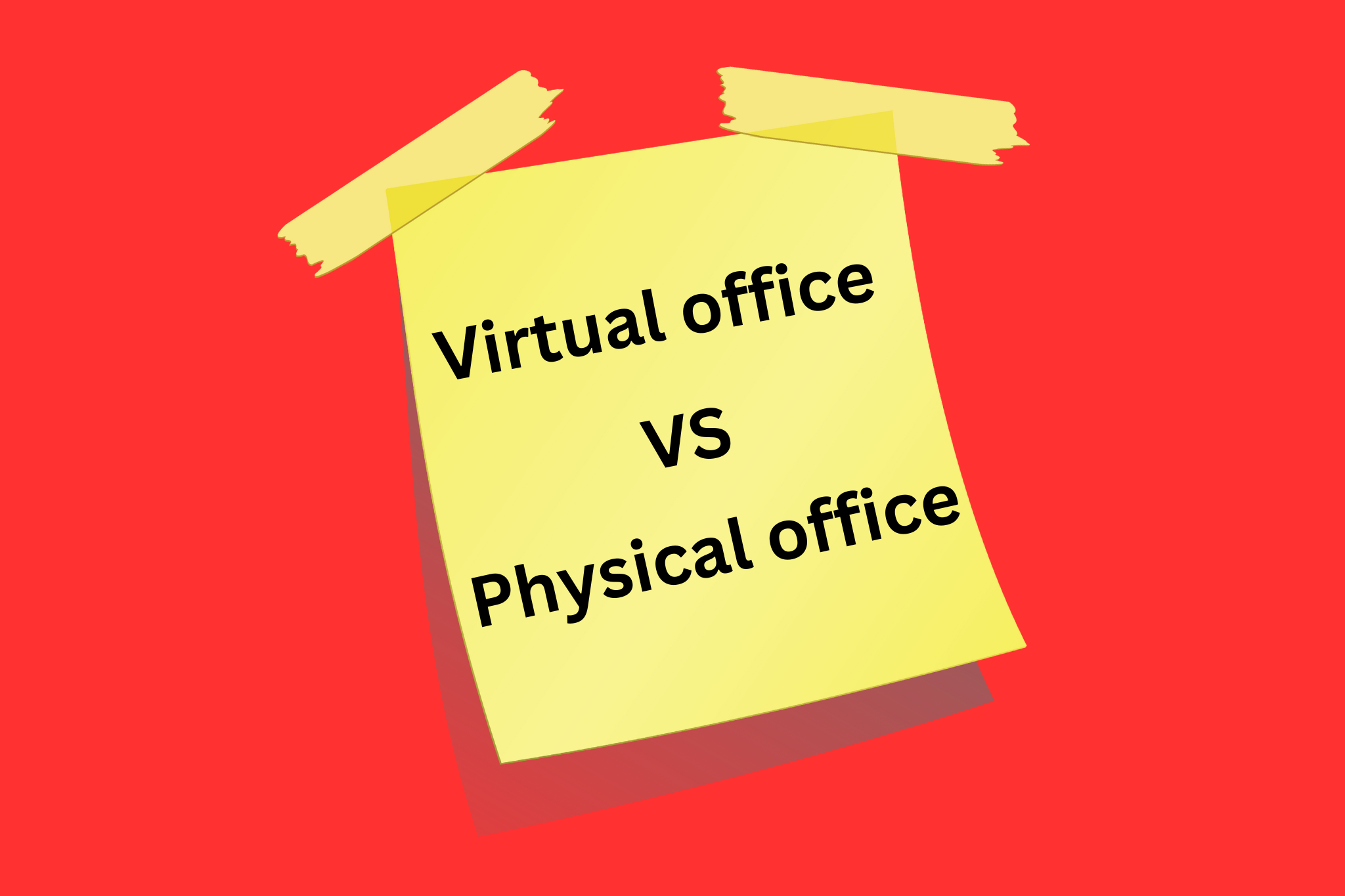The Top 5 Reasons why Start-ups Fail in 2023
Did you know that 20% of businesses fail within the first year?
Here’s the thing.
Running a business is exciting. The idea of being your own boss and pursuing your entrepreneurial dream may be appealing; however, it’s equally important to understand that it will come with challenges and risks.
In this article, we’ll explore 5 reasons why businesses fail, regardless of your industry.
1. Lack of research and planning
You need to thoroughly prepare before starting your business. Having a good well-researched plan and strategy will help you navigate thorough easily. If you break down the process into individual steps, you can make it easier. Your research and planning should include the following:• Having a clear business aim, purpose, and value
• Assessing the demand for your product or service
• Understanding your competition
• Funding and Finances
• Identifying your target audience
• Highlighting your unique selling points
• Licence and legal
• Developing a market strategy
• Your website presence
• Determining if your business needs an office
Before starting your business journey, we strongly advise that you thoroughly research these key points mentioned above. This diligent effort will yield long-term benefits and serve as a solid foundation for your business.
2. Insufficient cash or capital
One of the primary reasons why businesses fail is due to running out of cash. Planning your finance must be a top priority so that you don’t run out of cash and at the same time maintain financial stability.Chances are, you already have a rough budget in mind.
Before you start, conduct a thorough financial calculation. This should include overhead costs, production expenses, marketing expenses, and salaries. It’s important that you establish a realistic budget for your company and calculate all the relevant costs.
Moreover, it’s always good to see seek professional advice from accountants, consultants, and financial advisors. These experts can provide better valuable insight and help you navigate through financial challenges.
3. Poor product or service leading to low sales
Nothing hurts more than a new business failing to reach its sales target. Don’t sit back and wait for your sales to decline. In this competitive market, providing high-quality products and services is important for long-term success. The consequences of failing to deliver what the customer needs can be severe.To thrive, you must invest time and prioritise quality. By doing this, you’ll be able to build a strong reputation and build a loyal customer base.
Here are some actions you can take to avoid declining sales: getting feedback from customers, analysing competitors, keeping updated with the market trend, and targeting the right customers.
4. Competition
It’s important to understand what’s going on outside your business. You must recognise what your competitors are capable of if you want to win the business race. Having knowledge about your competitors and monitoring their moves can influence how you market your products and services to potential customers.The business world has always been competitive, it may be challenging to grow if you neglect and monitor others in the industry. Don’t hesitate to step into the arena
Here are some areas that you should always research and monitor:
• Pricing
• Online presence
• Products and services
• Negative reviews
5. Location
Location is important as it plays a significant role in attracting and retaining customers. Although, working from home has rapidly increased since the start of the COVID-19 pandemic, choosing a good location for your business is vital as it will dictate traffic, business atmosphere, and long-term success. Ideally, you want to choose a location that’s convenient for your customers, employees and suppliers.Here’s the thing.
It’s also important to realise that not all businesses need a physical space or shop. Thanks to the advancement of technology and the availability of virtual offices, businesses now have an alternative option. The traditional notion that having an office or shop is a prerequisite for running a business is long gone.
Virtual offices
Virtual offices are an excellent option for start-ups. They offer cost savings and freedom from being tied to a long-term lease contract. By choosing a virtual office, you can save on expenses as you won’t have to invest in a physical office space.In conclusion, when it comes to launching your business, we advise you to keep these five points close to you. Maintaining and growing a business requires plenty of skills, research, hard work, and sacrifice.
Do you agree with our top five? Let us know what you think. We would love to hear from you.





